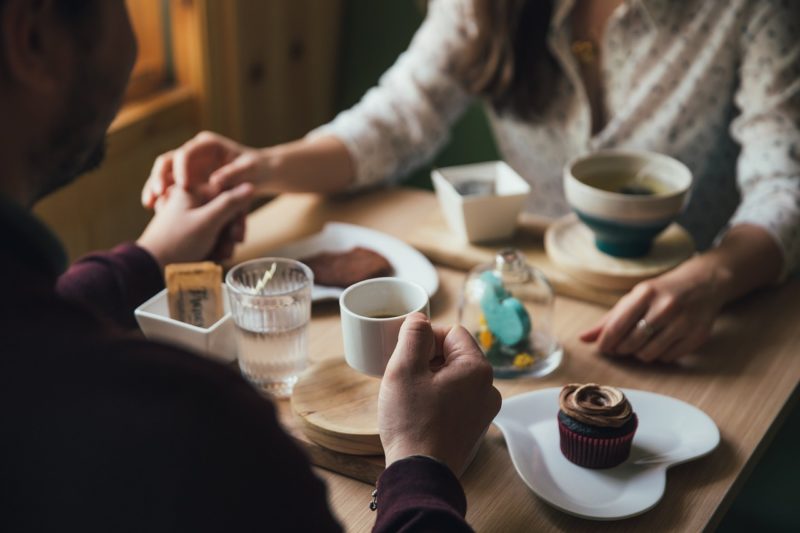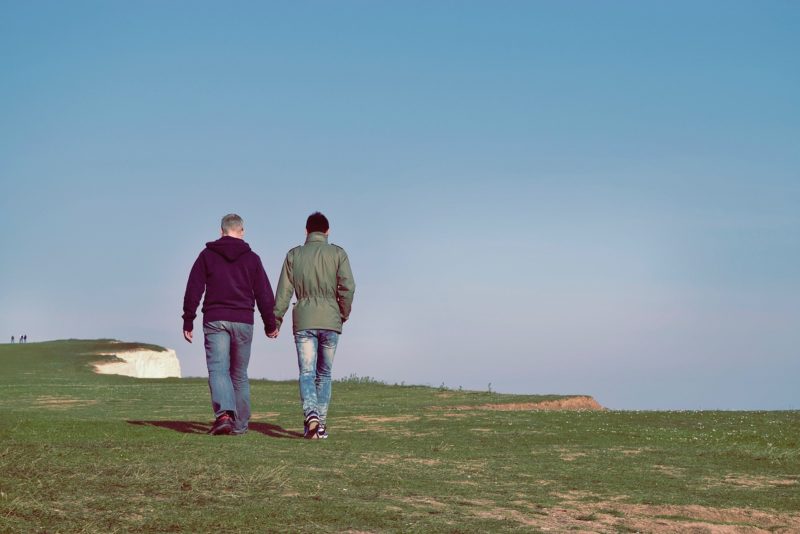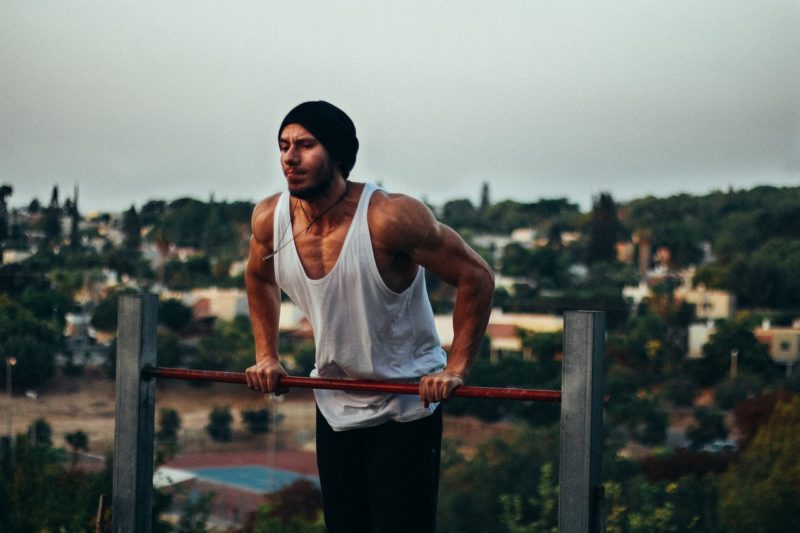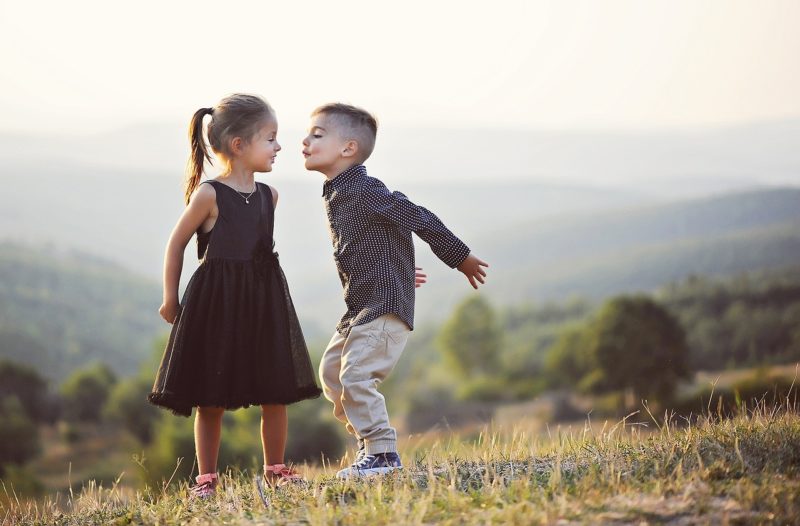
When most people think about a first date, they think about dinner, a movie—and drinks. Now that you’re sober, that “social lubricant” is out the window. Your entire life is different, and your dating life is no exception. Dating while sober is a new skill you’re going to have to learn if you’re in recovery, single, and wanting to start a new relationship.
Before you jump into the dating pool, there’s a few considerations you should make. Think of these as the prerequisites of dating while sober.
1 – Make sure you’re ready

New sobriety and dating simply don’t mix. Dating is stressful and—let’s be honest—it often ends badly. The stress, exhilaration, uncertainty, drama, and heartbreak of romantic relationships can all easily lead to relapse.
Not only that, but studies have shown that new love can activate the same parts of the brain as drugs of abuse. In recovery, we’re trying to retrain the brain to be less reliant on these dysfunctional patterns.
A good rule of thumb often repeated in the 12 step community is that you should wait until you have a year of clean time before you begin dating. Ultimately, it’s up to you how you handle this but we strongly recommend a considerable waiting period before beginning to date again.
Your best bet? Talk about it with your counselor or your sponsor before you start swiping right on that dating app. (Don’t have a support network? Shanti Recovery and Wellness is a great place to start if you’re in Portland, OR.)
2 – Be cautious about dating another person in recovery

Can two people in recovery have a wonderful, successful, healthy relationship?
Yes, absolutely.
Does it always (or often) happen?
Unfortunately, no.
Dating another person who is also in recovery has its positives: you have a shared experience of sobriety, you understand the struggle of this disease, and you have a common language about addiction. They get it.
However, dating someone who is also in recovery has strong downsides. The biggest one is that if one of you relapses, it can have a domino effect in the relationship, causing both of you to ultimately relapse. If you both relapse, it’s easy to get caught up in a mutually shared addiction. While it’s possible to regain sobriety together after a mutual relapse, more often than not, relationships can’t survive the turmoil.
Think very carefully before beginning a relationship with another person who is in recovery. If you decide to go this route, be sure that you have a strong support structure outside of the relationship that you can fall back on in case you need it.
3 – Be upfront about recovery

Don’t be coy about your status as a person in recovery when you’re dating.
Your sobriety needs to come first. Be honest about your sobriety so that you can find a partner who is supportive and non judgmental of your recovery journey.
Do yourself a favor and weed out inappropriate partners from the get-go.
4 – Stick to your routine

New love is fun, exciting, nerve-wracking—and completely destructive to your routine. As a person in recovery, you’ll need to fight extra hard to maintain stability in your life, especially during the wonderfully disruptive season of new love.
It’s common during the beginning phase of a relationship to want to spend every waking minute with your new crush. You’ll want to skip out on all the self-care activities that form the backbone of your recovery in order to clear your schedule for this new person. Don’t.
Ask your support network—your friends, your counselor, your sponsor, your doctor—to help keep you accountable to your recovery routine while you date.
5 – Take it slow

After working so hard at getting sober, finding new love without the assistance of drugs or alcohol is a huge accomplishment. Be proud of yourself.
That said, remember there is no need to rush the relationship along. Take your time. Get to know your new sweetie before making any major commitments. As people in recovery, we often have a history of living in the moment and acting impulsively. We often don’t have a lot of practice in delaying gratification or developing our patience. Now is the time to work on those skills.
If the relationship is meant to last, it will. If your date begins making future plans with you—marriage, kids, houses—in the very early stages of dating, consider it a red flag. Whatever you do, avoid moving in with your new love until you’ve really vetted the relationship.

